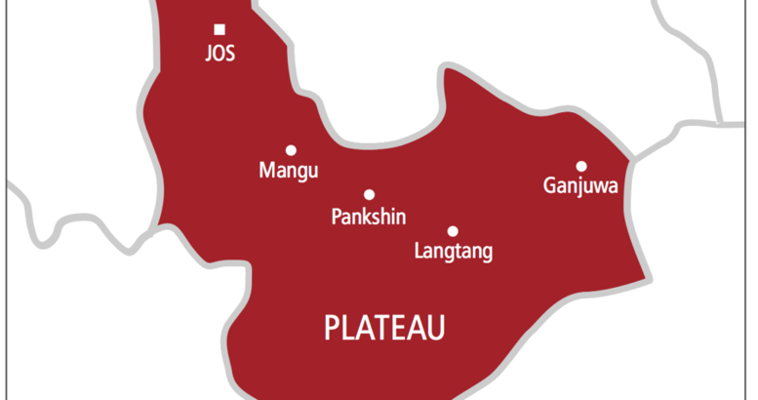NAPTIP Smashes Abuja Trafficking Syndicate, Arrests Five, Rescues 24 Victims

The National Agency for the Prohibition of Trafficking in Persons (NAPTIP) has arrested five suspected human traffickers, including a retired senior law enforcement officer, and rescued 24 victims during a dramatic operation at the Nnamdi Azikiwe International Airport, Abuja.
The operation, carried out on Tuesday night, followed intelligence reports that a trafficking syndicate was moving young Nigerians to the Middle East and parts of North Africa under the guise of job opportunities.
Victims and suspects: According to NAPTIP Director-General, Binta Bello, the rescued victims mostly young women aged between 15 and 26 were recruited from states including Kano, Katsina, Oyo, Ondo, and Rivers. Some of them were intercepted moments before boarding flights to countries such as Iraq, Egypt, Saudi Arabia, Bahrain, and Afghanistan.
Shocking revelations emerged when one victim disclosed that her father, a retired officer, arranged her travel by promising her a supermarket job in Baghdad, without telling her she was being trafficked. The officer was among those arrested.
Airport as ‘comfort zone’: Bello lamented that traffickers had turned Abuja airport into a “comfort zone,” using weak checks to exploit vulnerable young people. She vowed that the agency would intensify surveillance at airports and borders to dismantle trafficking rings.
The operation, which lasted over six hours, involved joint security teams who monitored suspicious travel groups before making arrests. Many of the victims were unaware of their true destinations and could not communicate in any language beyond their local dialects, raising concerns about their vulnerability abroad.
NAPTIP confirmed that the suspects are undergoing interrogation and will be charged in court, while the rescued victims are receiving counseling, rehabilitation, and reintegration support.
The agency also urged Nigerians to beware of fake travel agents and deceptive offers of overseas jobs, stressing that traffickers are increasingly using family members and acquaintances to lure victims.









